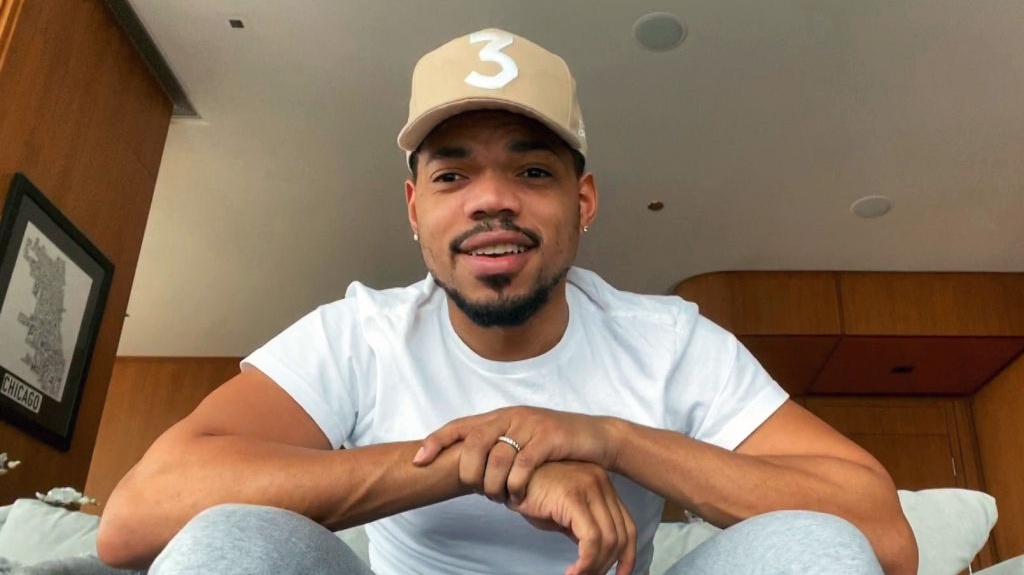I remember it like it was yesterday.
I was watching the 2000 MTV VMAs and quirky electronic producer Moby used his presentation for best rap video as an opportunity to paste a “Gore – Lieberman” sticker on the podium as a shade to Republican nominees Bush and Cheney. The media considered it a cute novelty or a vapid stunt. I thought it was brilliant.
Three years later, The Chicks, then known as The Dixie Chicks, jumped onto the political pop advocacy train when front woman Natalie Maines denounced George Bush and the U.S. invasion, and subsequent deadly occupation, in Iraq. After saying that she was "ashamed the president of the United States is from Texas," Maines’ core audience turned against her group. Radio stations blackballed the trio’s music and the band’s promising career as torch bearers for modern country hits was all but extinguished.
Then, in 2005, Hurricane Katrina laid bare in a horrific demonstration just how inconsequential the US government valued its Black citizens. Or at least, that’s what Kanye West thought (at the time) when he passionately blurted out, “George Bush doesn’t care about Black people” during a live relief concert on NBC. The camera quickly cut away, right after a shook Mike Myers stood agape trying to salvage the script.
Even by comparison, those now feel like simpler times.
Though Black athletes and performers were integral to the 60s civil right’s movement, it was understood, due to Jim Crow oppression, that any party who spoke out against the government would be alienated and punished. Some white celebrities, like Jane Fonda, became infamous for being “political” and we know what happened to her — she became one of America’s most hated entertainers. But the 2000s was the big money, fish lens, pop-era where many folks can look back on as the grandparents of this generation’s celebrity call-out-culture. The 2000s ushered in political advocacy as part of defining an artistic brand.
Obviously, we’ve been better for it. From the beginnings of the Black Lives Matter movement athletes like Colin Kaepernick and Lebron James spoke out against discrimination, to their own detriment. Though many, like Fox News, believed that they should just shut up and play ball, their support for civil rights, specifically against police brutality directed at the Black community, has had an immeasurable effect.
But my fondness, or indifference, for celebrity political opinions changed when Acid Rap and commercial darling Chance the Rapper came out to support Kanye West's presidential bid just last week. He wasn’t joking. In fact, he suggested that anyone who didn’t cast a ballot for West, in opposition of Joe Biden (not Trump), may be racist. After vehemently defending himself and a West presidency, Chance realized he made a bad turn when frequent offender of Black consciousness Terry Crews chimed in offering his support. Needless to say, Chance and Crews were dragged through Black Twitter’s streets.
I finally got the answer now. I understand. Yall trust Biden more than yall trust Ye. I think I understand why, I just don’t feel the same way.
— Chance The Rapper (@chancetherapper) July 13, 2020
Ok sprinting down the hill now:
I understand the improbability of Ye winning the 46th Presidential seat and I understand that everyone voting for Biden isn’t necessarily doing so enthusiastically. I am for black liberation and do not accept my recent endorsement from Terry Crews— Chance The Rapper (@chancetherapper) July 13, 2020
It wasn’t the first time Chance had run afoul of a twitter dragging over West. Just two years ago he was looked at sideways when he, once again, defended West over his hugging and loving up on Donald Trump. He apologized for that too.
All of this could be just more blog and social media fodder, but as we gear up to arguably one of the most important elections America has known, there just isn’t any time for the uninformed political antics from superstars, especially Black ones.
Actually, uninformed antics may be an understatement. Over the weekend West reignited his presidential bid in South Carolina and he brought with him shocking anti-Black rhetoric by, among other things, insulting legendary freedom fighter Harriet Tubman. He also sprinkled in his favorite personal brand of misinformation around American slavery and started crying.
Observers and critics have speculated on just how much West’s mental state is driving his controversial statements. I’m not here to speculate that. Instead, I’m here to say that any young celebrity— such as Chance the Rapper — who is believed to be of sound mind yet supports anti Black musings and encourages folk to throw away a vote is dangerous. It’s not fun anymore.
Freedom of speech is one of America’s greatest freedoms and one that has reached a fever pitch as racists and progressives vie over what symbols will carry us into the next generation of our country. A saying that’s often attributed to Abraham Lincoln advises, “Better to remain silent and be thought a fool than to speak and to remove all doubt.”
Chance the Rapper has convinced me of this very valuable lesson. Some celebrities should just shut up.

